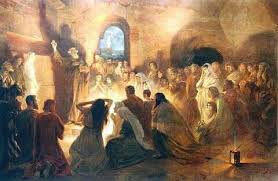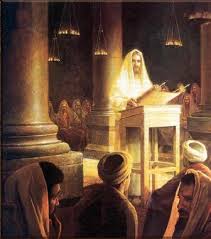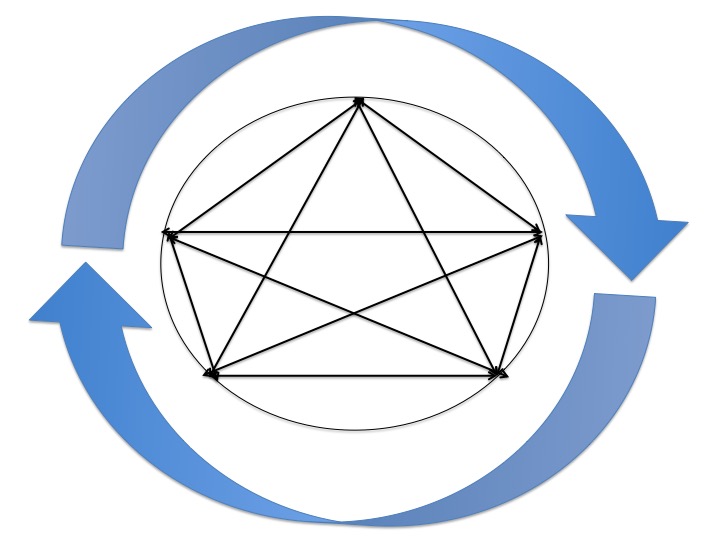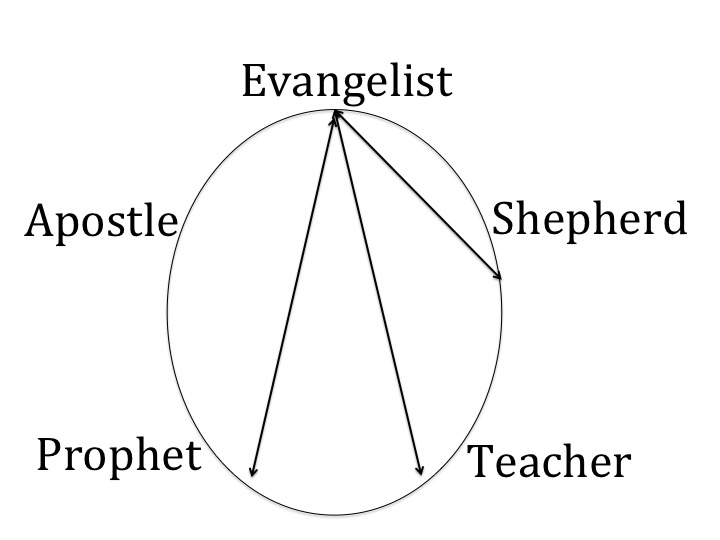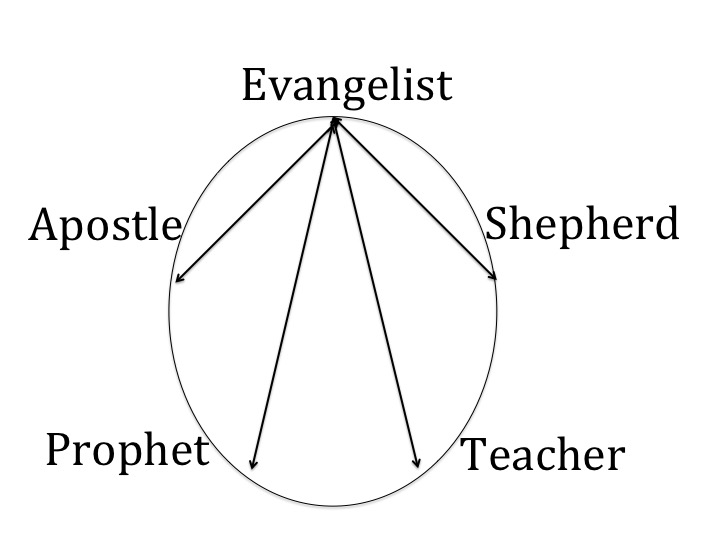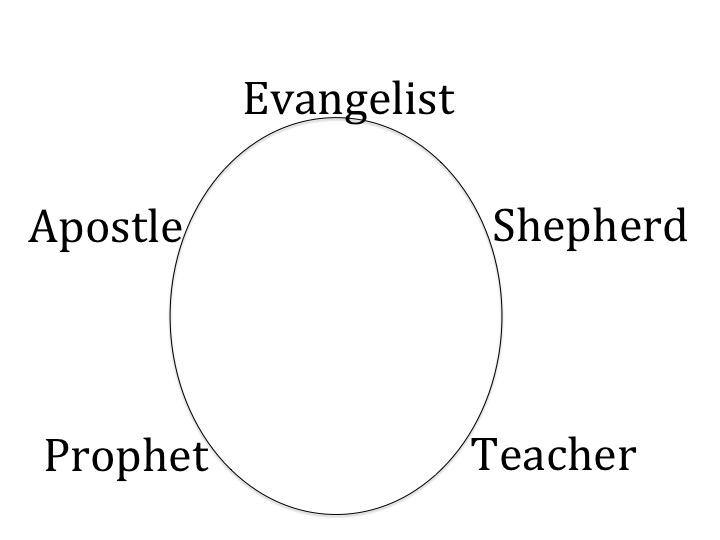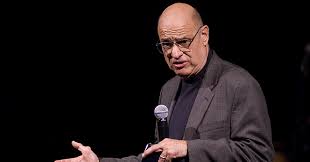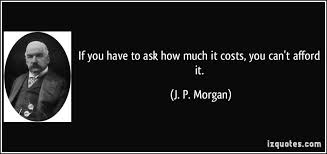The Ebb And Flow Of Personal Relationships
After spending four days with old college friends in a cabin in Potter County, I’ve learned that “ebb and flow” brings peace. The creek behind the cabin brought soft whispers of peace and tranquility. No humming of cars could be heard; only the humming of a humming bird who danced around the edges of the porch. The gurgling creek harmonized with the chirps, warbles, caws, and blunt squeaks of birds, creating a song of nature that was both simplistic and distinctive.
Hidden in the recess of eddies, tucked near the shore, just beyond the rocks that causes the rapids to sing is found various forms of life: tiny creatures and crayfish tucked among embedded rocks. Tucked in a deep eddy called a fishing hole, trout swim as if still against the creek’s current because eddies are havens of rest from the torrid pace of the stream’s activities.
Our cabin lay in a sleepy valley tucked between two mountains where sun drenched rays of light fought the foliage to feed the ferns on the forest’s floor. I found refuge here from the strong currents of life. My solace lay not in its silence, but in boisterous laughter, revelry, and bantering among five old friends: a banker, carpenter, print foreman, public school teacher, businessman and college professor, all retired, all advancing in age. Here we reminisced of bygone college days, and here we found the essence of peace in the sound of nature.
Peace can be a woven tapestry in a field of diversity, sewn through each person’s unique journey that bonded them as a group. One’s talents flow through their career, but here they are joined together by just sitting on a porch reminiscing, a perfect eddy.
Commonality was found in their acceptance of each other after forty-five years. The weekend caused walls to crumble and openness to prevail as most of the weekend was spend around a kitchen table, talking, playing cards, or sitting on the porch. Differences diminished with peer acceptance.
Similarities can be found between our weekend and how the five-fold works relationally. I cohabitated with five distinctively different people with five distinctively different gifts, talents, drives, and points of view. Once all were very independent from the others in their journey in life, but now were being drawn together through a bond of acceptance they have never experienced before. All served and accepted one another as equal peers. No bickering or fighting ensued since playful bantering brought howls of laughter and delight. No one needed to be asked to do a chore; all chipped in when needed. Everyone willingly served one another. In the past polite handshakes would have been the norm when leaving, but no longer! Backs were slapped and hugs given.
The power of the “ebb and flow” brings peace, and we experienced that peace through giving and taking throughout the weekend. The creek was not the only place where one can find the “ebb and flow”, nor is the mountain valleys the only place one can find peace. Both can be found in built relationships between one another.







